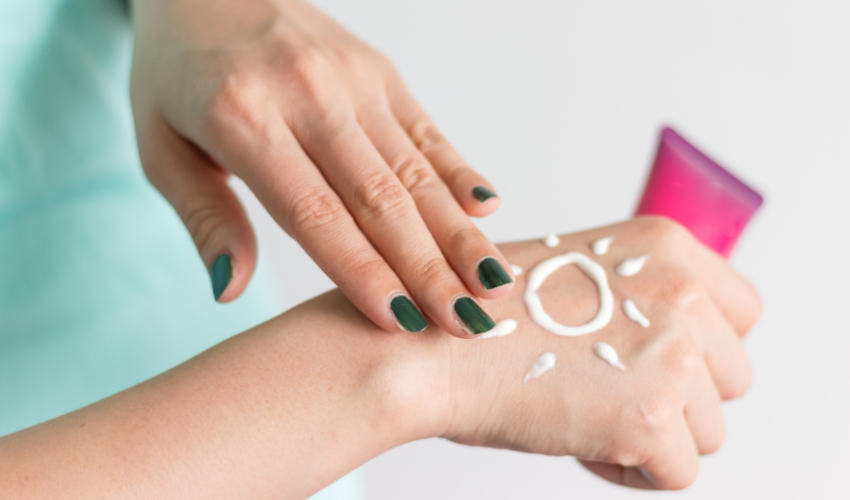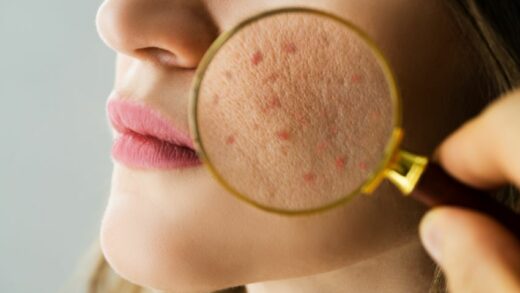Sunscreen is a crucial skincare product that provides a barrier against harmful ultraviolet (UV) rays emitted by the sun. It is the first line of defense in preventing skin damage, premature aging, and skin cancer. Despite this, many people still neglect the importance of suntan lotion in their daily routine, which can have serious consequences in the long run.
In this article, we will dive deep into the topic of why sunscreen is important and what you should look for when selecting and applying sunblocker. Let’s explore the reasons why sunscreen should be an essential part of your skincare regimen.
Why is Sunscreen Important?
- Protects Against Skin Cancer:
Exposure to UV rays is the leading cause of skin cancer. Sunscreen helps prevent skin cancer by blocking these rays and reducing your skin’s exposure to them. Skin cancer is the most common type of cancer, and using sunscreen can significantly reduce the risk of developing it.
- Prevents Premature Aging:
Excessive sun exposure can cause premature aging, including fine lines, wrinkles, and age spots. Suntan lotion acts as a shield that protects your skin from harmful UV rays that cause these signs of aging.
- Prevents Sunburn:
Sunburn is a painful and uncomfortable condition caused by overexposure to UV rays. Sun cream helps prevent sunburn by blocking these rays from penetrating the skin, reducing the risk of redness, pain, and peeling.
- Reduces Hyperpigmentation:
Hyperpigmentation is a condition characterized by the darkening of the skin due to increased melanin production. It can be caused by UV rays and can lead to uneven skin tone. Sunscreen helps prevent hyperpigmentation by reducing the skin’s exposure to UV rays.
- Maintains Overall Skin Health:
Sunscreen helps maintain overall skin health by protecting it from environmental stressors that can cause damage to the skin. It also helps prevent skin dryness, sensitivity, and inflammation, keeping the skin healthy and radiant.
How to Choose the Right Sunscreen?
When choosing sunblocker, there are several factors to consider, including:
SPF (Sun Protection Factor)
SPF measures how well the sunscreen protects against UVB rays, which are the primary cause of sunburn and skin cancer. The higher the SPF, the more protection it provides.
Broad-Spectrum Protection
Look for sun cream that offers broad-spectrum protection, which means it protects against both UVA and UVB rays. UVA rays can penetrate deeper into the skin and cause long-term damage, such as premature aging and skin cancer.
Water-Resistant
If you plan to be in the water or sweat, choose a water-resistant skin protection to ensure that it stays on your skin for longer.
Skin Type
Consider your skin type when selecting skin protection. If you have oily skin, choose a lightweight, oil-free formula. If you have dry skin, choose a moisturizing sunscreen that will hydrate your skin.
How to Apply Sunscreen?
Applying sun cream correctly is essential to ensure that it provides adequate protection. Follow these steps:
- Apply sunscreen at least 15-30 minutes before going outside.
- Use a generous amount of sun cream to cover all exposed skin.
- Reapply sunblocker every two hours, or more often if you sweat or swim.
- Pay attention to commonly missed areas, such as the ears, neck, and tops of the feet.
FAQs
Can sunscreen cause breakouts?
Yes, some suntan lotions can clog pores and cause breakouts. Look for non-comedogenic or oil-free formulas that won’t clog pores.
Can I skip sunscreen on a cloudy day?
No, even on a cloudy day, UV rays can still penetrate the clouds and cause skin damage. It’s essential to wear sunscreen every day, regardless of the weather.
Can I use sunscreen on babies?
Yes, but choose a skin protection that is specifically formulated for babies or children. Use a sunblocker with an SPF of at least 30 and avoid applying it directly to the face.
Can I use makeup with SPF instead of sunscreen?
While makeup with SPF can provide some protection, it’s not enough on its own. It’s essential to use a separate sunscreen underneath your makeup for adequate protection.
Can I use expired sunscreen?
It’s not recommended to use expired sunscreen as it may not provide adequate protection. Check the expiration date on the bottle and replace it if it has expired.
Conclusion
Sunscreen is a vital part of a healthy skincare routine and should be worn every day, even in cloudy weather. It protects against skin cancer, premature aging, sunburn, and hyperpigmentation. When choosing sunscreen, look for an SPF of at least 30, broad-spectrum protection, and a water-resistant formula. Apply sunblocker generously and reapply every two hours or more often if sweating or swimming. Make it a daily habit to maintain overall skin health and protect against the harmful effects of UV rays. Remember, prevention is key, and using skin protection is a simple and effective way to prevent skin damage and diseases.
























